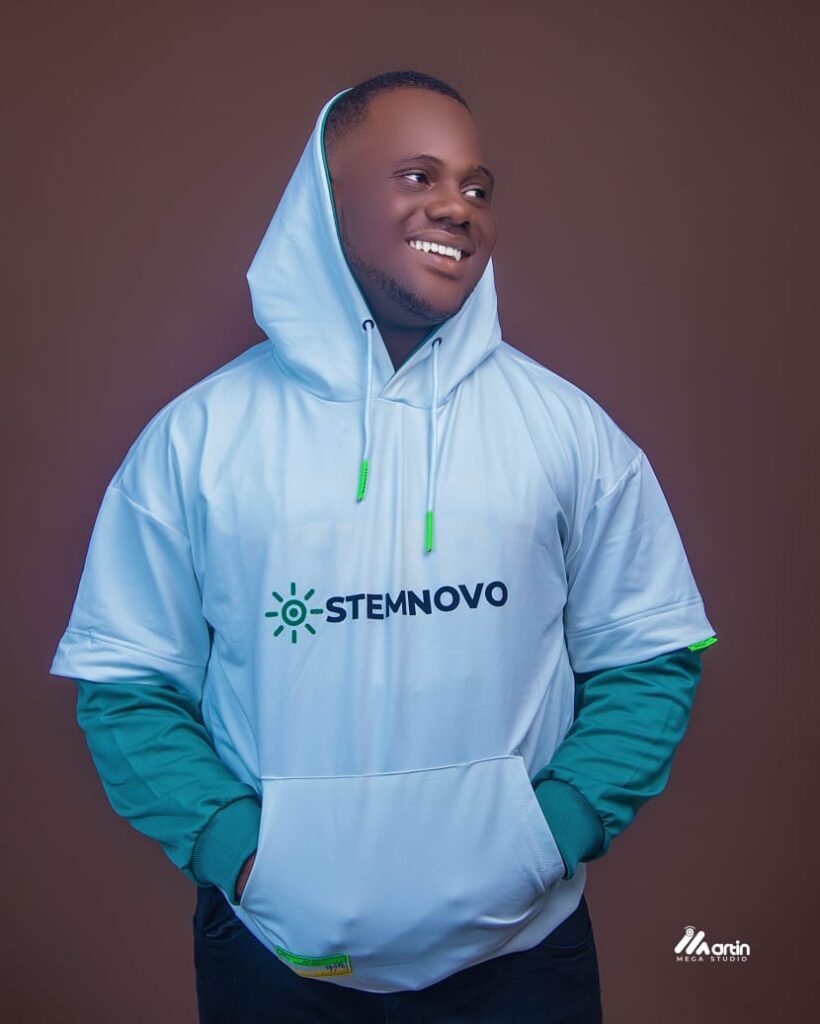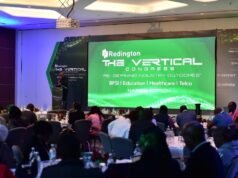In a significant recognition of his work in shaping the future of science education in Nigeria, 24-year-old entrepreneur and educator John Onuigbo has been nominated for The Future Awards Africa 2025 for the Prize for Education category. The award—widely regarded as a benchmark for youth achievement across the continent—is shining a spotlight on Onuigbo and his company, Foris Labs, as promising change-agents in the education space.
For Onuigbo, the nomination is not simply a personal milestone but a reflection of a broader vision: leveraging technology to widen access to quality science and technology education in Nigeria. As the nomination announcement echoes across social and professional networks, it also signals the growing visibility of home-grown edtech solutions in Africa’s educational ecosystem.

Table of Contents
A Digital Platform Bridging Educational Gaps
Foris Labs, helmed by Onuigbo, has set out a mission to make hands-on science education accessible to secondary-school students regardless of geographic or economic constraints. Through virtual laboratories and interactive simulations in physics, chemistry and biology, the platform enables learners to engage with experiments on computers or mobile devices—a practical innovation in a country where many schools lack fully equipped labs.
What stands out in Onuigbo’s narrative is the early recognition of his efforts: prior to founding Foris Labs, he launched a programme called Stemnovo NG that brought coding, robotics and entrepreneurship training to young people in rural and semi-urban Nigeria. Over 17,000 students participated in Stemnovo, with many advancing to national and international competitions.
Beyond the numbers, the human impact is tangible. For many students, a virtual lab becomes the only means to perform meaningful experiments. For Onuigbo, this was personal — observing peers in his region constrained by a lack of infrastructure, he developed the belief that technology could democratise learning. The nomination, therefore, acknowledges not only an innovative product but a deeply rooted mission.

Why the Nomination Matters for Nigeria and Africa
The awarding body behind The Future Awards Africa describes the Prize for Education as recognising young Africans whose work makes measurable improvements to learning outcomes. In 2025, the theme “Threads of Legacy” highlights those whose action today will weave the future of Africa’s tomorrow.
Onuigbo’s nomination thus signals several important dynamics:
- Youth-led innovation: At just 24, Onuigbo represents a younger generation of Nigerian entrepreneurs who are not merely participating in existing systems, but re-imagining them.
- Education technology as catalyst: With Foris Labs, the intersection of technology and pedagogy is more than a trend—it is a practical response to infrastructural gaps in many Nigerian schools.
- Global competitiveness: By enabling students to access digital labs and resources, the platform helps level the playing field, giving learners from under-resourced schools a chance to compete globally.
- National pride and inspiration: For Nigeria, this nomination is a reminder that the country’s challenge of enhancing science education can be met from within, and that young Nigerians are solving pressing issues at home.
In his own response to the nomination, Onuigbo characterised the recognition as “a reflection of the work being done by many young Nigerians who are using innovation to make learning more inclusive.” He added that the accolade serves as motivation “to continue creating opportunities for students to learn and compete globally.”
What’s Next for John Onuigbo & Foris Labs
While the nomination itself is cause for celebration, the real story lies ahead. Winning the Prize for Education would provide greater visibility, likely attract additional partnerships and investment, and propel Onuigbo’s work into a wider region. But irrespective of the final outcome, here are the immediate next steps:
- Scaling the platform: Foris Labs will need to expand beyond its current reach, onboarding more schools (especially in underserved states), training teachers on the use of digital labs, and ensuring sustainable integration into curricula.
- Monitoring and measurement: With the nomination emphasising measurable outcomes, Foris Labs should focus on capturing data—student performance, engagement levels, progression into STEM fields—and showcase the impact.
- Partnerships and collaboration: To broaden reach, collaborations with government educational agencies, state ministries and international organisations will be vital.
- Sustainability and localisation: As technology drives change, the business model must be viable and localised: low-cost devices, offline compatibility, multilingual resources, and alignment with Nigeria’s educational standards.
- Mentorship and ecosystem building: Onuigbo’s journey can serve as a model for other young Nigerians. Stemnovo’s legacy can be amplified by mentorship programmes for next-generation edtech founders.
In a country where science education lags and school laboratory infrastructure remains uneven, Foris Labs presents a fresh approach. The nomination by The Future Awards Africa adds momentum—but the real reward will come when thousands more Nigerian students confidently open their laptops and explore chemistry and physics through virtual experiments.

Conclusion
At its heart, this story isn’t just about one individual being short-listed for an award. It’s about a young Nigerian boldly tackling one of the biggest educational challenges of our time: access. It’s about students in remote towns and underserved schools gaining the tools to experiment, learn and dream. When John Onuigbo steps up to the stage—whether as nominee or winner—he carries with him the hopes of many learners who will never visit a conventional lab but can transform the world through digital ones.
Nigeria, and indeed Africa, is watching.
Join Our Social Media Channels:
WhatsApp: NaijaEyes
Facebook: NaijaEyes
Twitter: NaijaEyes
Instagram: NaijaEyes
TikTok: NaijaEyes





